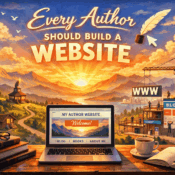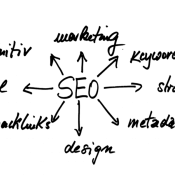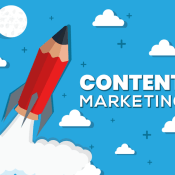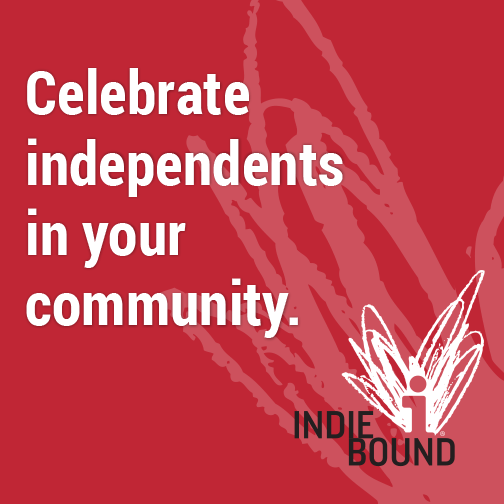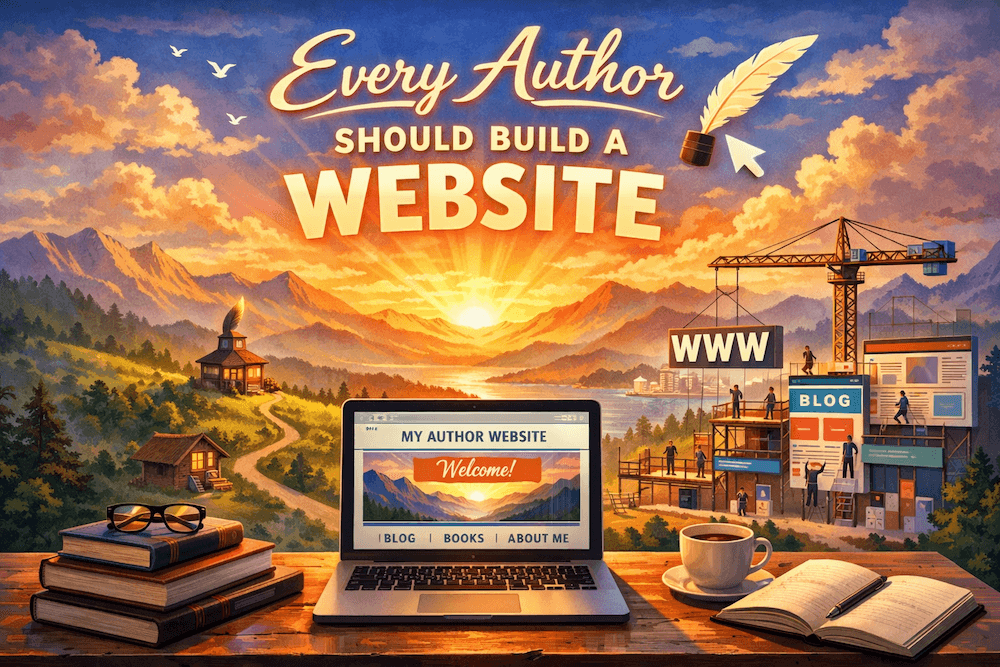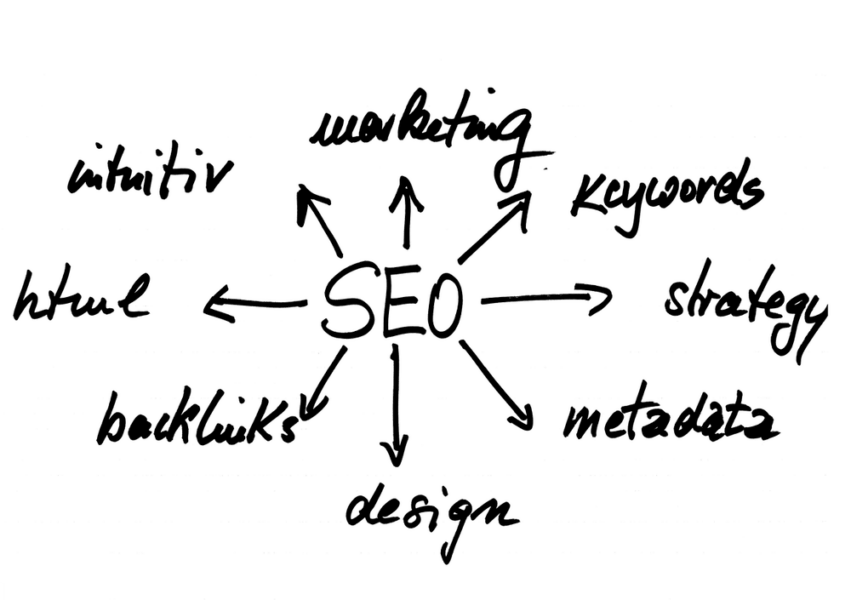These days, artificial intelligence (AI) is everywhere including publishing. Whether you’re an indie author or working with a traditional press, chances are you’ve heard of people using AI to create everything from book covers to formatting and even the writing itself.
But is it actually a good idea? Let’s look at the pros and cons, starting with covers and moving into the writing and formatting side of things.
Covers: Eye-Catching or Cookie-Cutter?
Pros:
Design tools like Canva, BookBrush, and Midjourney make it easier than ever to create a decent-looking cover without hiring a pro. You can try out different styles, brainstorm visual ideas, and sometimes even pull it off for free or at a very low cost. That’s a huge help if you’re on a tight budget or publishing multiple books a year.
Cons:
The downside? AI covers can sometimes look generic or even fake. If you’re using stock prompts or default templates, they can start to all look the same. And readers do notice. A slick-looking cover might catch someone’s eye, but if it doesn’t match the tone or genre of your book, it can backfire. Worse, some readers might assume the whole book was made with AI, and that can carry a certain stigma.
Design is expensive, and not everyone can shell out hundreds per book. But there are plenty of talented, affordable designers out there. A well-crafted cover by a human who understands your story can still make a big difference.
Interiors: Speed vs. Soul
Pros:
On the writing side, AI tools like ChatGPT, Sudowrite, and Claude can be genuinely useful. They can help you brainstorm, outline, or punch through writer’s block. Need a quick blurb or synopsis? AI can give you a solid first draft in seconds. For formatting, design tools like Atticus and Vellum (more automation than AI) make laying out your book for print or digital a lot easier.
Cons:
But when it comes to the actual writing? AI can flatten your voice. Sure, it might spit out clean sentences, but they often sound robotic or a little too…safe. And if you lean on AI too much, your story may lose that human touch that makes it resonate. Readers can feel it.
There’s also the ethical piece. Most readers assume the author wrote the book or at least led the creative process. If you’re using AI heavily and not being upfront about it, that can damage trust. In fact, both KDP and IngramSpark now require you to disclose any AI use in your book’s creation. Not being honest could get your book pulled. And yes there are AI detectors out there, so if you’re hoping to “blend” AI content with your own voice and fly under the radar, be aware: people might still catch on.
Some Bigger Risks
- Copyright confusion: AI tools are trained on existing content, and sometimes that includes copyrighted material. That’s especially tricky when it comes to visual art. There’s still a lot of legal gray area here.
- Everything starts to sound the same: If everyone’s using the same tools with the same kinds of prompts, we risk flooding the market with books that all have a similar vibe.
- Losing your creative edge: The more you rely on AI, the easier it is to lose touch with your own voice. Writing is like a muscle you’ve got to use it to keep it strong.
Final thoughts
AI can be a great tool for authors. It can speed up the early stages of a project, help with marketing copy, or give you a quick layout for your next release. But it’s just that a tool. Not a shortcut to meaningful storytelling, and definitely not a replacement for your voice.
You’re still the heart of the book. Your creativity, your perspective, your choices that’s what readers connect with. AI can support that, but it can’t replace it.
So use it smartly. Know where it helps and where it hurts. And most importantly, keep your unique voice at the center of it all.
What’s your take on AI in publishing? Love it, hate it, cautiously curious?
Rick Lite, the visionary founder of Stress Free Book Marketing, is a seasoned sales and marketing professional with over two decades of expertise in the book industry. With a focus on integrity, innovation, and growth, he collaborates closely with authors to craft tailored and robust book marketing strategies. Rick’s relaxed approach offers authors “stress-free” support during their self-publishing and marketing journeys. He readily imparts insider knowledge and tips for successful campaigns, ensuring heightened exposure, awareness, and, most importantly, increased sales. Explore Rick’s triumphs in the book industry at www.StressFreeBookMarketing.com


